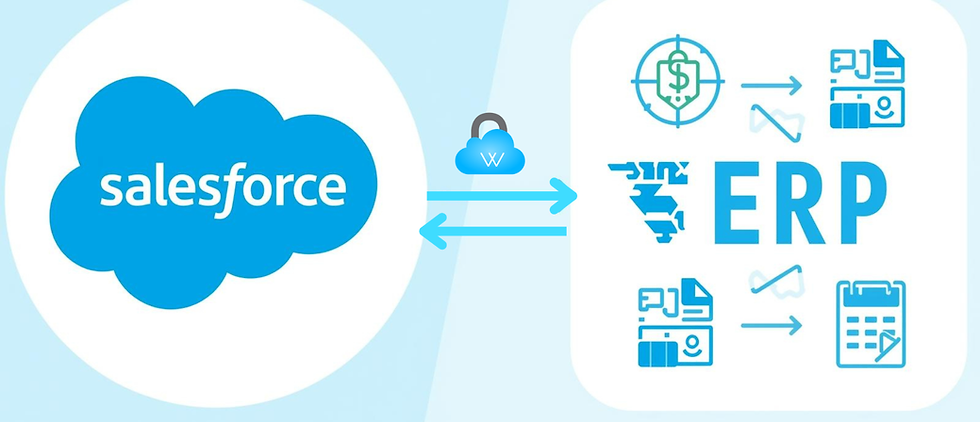Pardot vs Marketing Cloud - which one is better for your company?
- Preeti Pujari

- Jul 6, 2020
- 2 min read
Updated: Aug 16, 2020

Being the best CRM in the world, Salesforce is widely popular and in use by all types of businesses. However, the wide variety of services offered by Salesforce may bring in some doubts onto which of its service would be best for your business to soar it to the next level of success. For a perfect Marketing Solution, Salesforce offers 2 excellent products – Pardot and Marketing Cloud. Both are extremely powerful marketing tools, but both are designed for different purposes and the main question is which one of it you need? Let’s look into
what each has to offer?
how are they similar?
what are the differences?
which is best for your business?
Defining Both
Pardot is a lead marketing automation system that allows you to reach potential clients through several ways like social media and paid marketing.
Marketing Cloud is a provider of digital marketing automation and analytics software and services.
Similarities
CRM Integration - Both Pardot and Marketing Cloud can be easily integrated with Salesforce CRM with their respective Connection.
Email Automation - Both support email Automation in a smooth flow.
Social Media Marketing - Both the platforms support social media tracking and marketing with various featured tools.
Differences
Target Audience: Pardot is aligned to provide better marketing an sales support for B2B teams while Marketing Cloud is great for 1:1 customer journey communication with mixed communication channels.
Communication Channels: Pardot can utilize email and social media platforms, while Marketing cloud in addition can also support SMS and display advertising campaigns.
Buying Cycle: Pardot works will for smaller databases with higher sales value while Marketing Cloud is ideal for larger databases (high sales volumes) but low in sales value.
Keywords you hear: Some of the most common keywords you'll here for Pardot revolve around lead generation, lead scoring, content marketing and webinars. As for Marketing Cloud, the most common keywords associated with it would be real-time messaging, cross-channel marketing, mobile marketing, social media, display advertising, and e-commerce.
Industry: While Pardot is suitable for all businesses, Marketing Cloud has more relevance in Retail, FMCG, Health and Beauty, and Travel industry.
What's Best for You?
As seen in similarities and differences, both the platforms are not meant to do the same work and hence do not compete each other, therefore one cannot be better than other.
Pardot is the right choice if your sales process requires long-term nurture and requires to zero on the gap between sales and marketing team. Businesses with high-sales value and with long sales cycles would benefit the most with Pardot.
Marketing Cloud is a best choice if your business involves engaging with the end customers across various channels and tracking their customer journey. Retails and FMCG industries are likely to see great outcomes through Marketing Cloud.
This blog hopefully helped you with knowing each of the 2 products better and making your evaluation process easier. We, at Winobell, having worked with both the products for 4+ years having in-depth expertise to each and every feature of Pardot and Marketing Cloud. We would love to help you out with the evaluation on deciding the right product for your business and be your implementation partner to increase your ROI significantly.




Comments